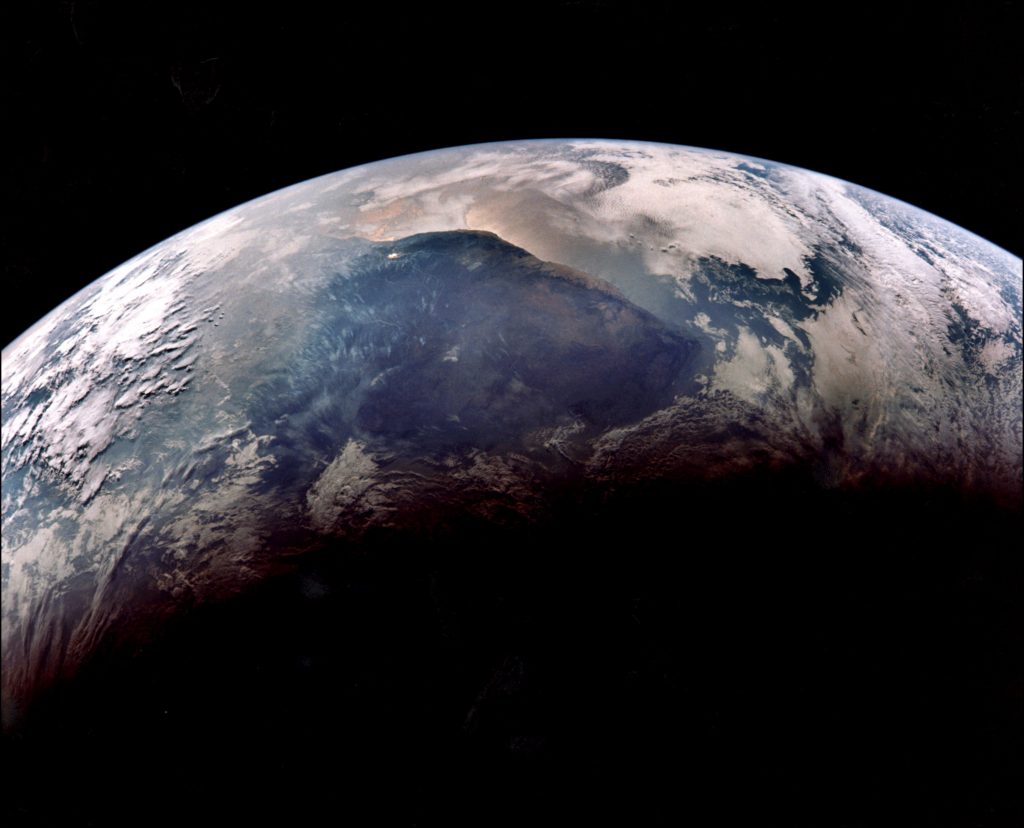Washington: In yet another promising news on finding life or its signs beyond Earth, a NASA planet hunter has discovered its first Earth-size planet resting in its star’s habitable-zone.
NASA’s Transiting Exoplanet Survey Satellite (TESS) found TOI 700d in a habitable zone, the range of distances where conditions may be just right to allow the presence of liquid water on the surface, the US space agency said in a statement Tuesday.
Launched in April 2018, TESS was designed and launched specifically to find Earth-sized planets orbiting nearby stars.
“Discovering TOI 700d is a key science finding for TESS. Confirming the planet’s size and habitable zone status with Spitzer is another win for Spitzer as it approaches the end of science operations this January,” said Paul Hertz, astrophysics division director at NASA Headquarters in Washington, DC.
TOI 700d is a small, cool ‘M dwarf’ star located just over 100 light years away in the southern constellation Dorado.
It is roughly 40 percent of the Sun’s mass and size and about half its surface temperature.
The probe discovered three different planets circling the star TOI 700 (TOI here is Tess Object of Interest).
The innermost planet, called TOI 700 b, is almost exactly Earth-size, is probably rocky and completes an orbit every 10 days.
The middle planet, TOI 700 c, is 2.6 times larger than Earth – between the sizes of Earth and Neptune, orbits every 16 days and is likely a gas-dominated world.
TOI 700 d, the outermost known planet in the system and the only one in the habitable zone, measures 20 percent larger than Earth, orbits every 37 days and receives from its star 86 percent of the energy that the Sun provides to Earth.
All of the planets are thought to be tidally locked to their star, which means they rotate once per orbit so that one side is constantly bathed in daylight.
TOI 700 d is one of only a few Earth-size planets discovered in a star’s habitable zone so far. Others include several planets in the TRAPPIST-1 system and other worlds discovered by NASA’s Kepler Space Telescope, said the US space agency.
“When we corrected the star’s parameters, the sizes of its planets dropped, and we realized the outermost one was about the size of Earth and in the habitable zone,” said Emily Gilbert, a graduate student at the University of Chicago.
“Additionally, in 11 months of data we saw no flares from the star, which improves the chances TOI 700 d is habitable and makes it easier to model its atmospheric and surface conditions,” Gilbert added.
Gilbert and other researchers presented the findings at the 235th meeting of the American Astronomical Society in Honolulu Tuesday, and three papers – one of which Gilbert led – have been submitted to scientific journals.
